Adding these foods to your daily diet will help control cholesterol levels (reduce blood fat) in the body, especially in winter.
1.What is cholesterol?
Cholesterol is a fatty substance found in the blood and all cells of the body. It is used to make cell membranes, some hormones, and serves many other important functions…
Cholesterol is not inherently bad, as it is one of many substances our bodies make and use to keep us healthy. Some cholesterol is made by the body, and some is supplied by food.
There are two types of cholesterol: 'good' and 'bad'. Therefore, it is important to know about the differences and levels of these two types of cholesterol in the blood.
Increased bad cholesterol can lead to the risk of coronary artery disease and acute heart attack. Therefore, proper cholesterol regulation is very important.
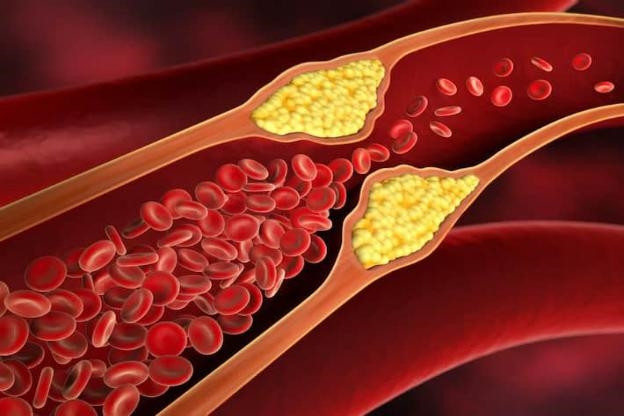
Increased cholesterol will cause cardiovascular disease
Winter is known for having holidays throughout the year. These holidays can lead to consuming foods that trigger cholesterol levels in your body.
Also, during the winter months, the body needs high-calorie foods to keep warm and beat the cold. This urge to eat more high-calorie foods can lead to an increase in cholesterol levels in the body.
Therefore, when entering winter, it is important for each of us to know how to control our diet and control blood cholesterol levels.
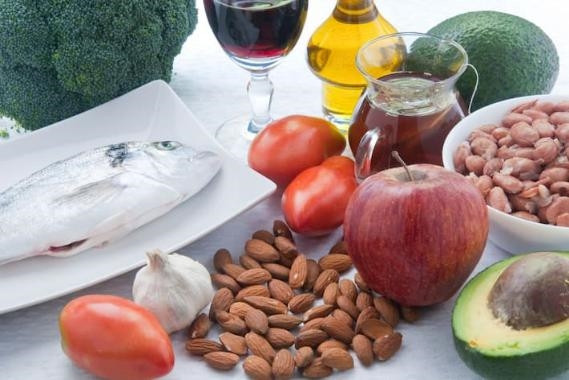
Eating healthy will help control cholesterol in the body.
Here are some foods that can help you control your cholesterol levels effectively and also reduce your risk of heart disease overall.
2. Foods that help reduce blood fat
Supplementing oils containing monounsaturated fatty acids helps reduce blood fat
Monounsaturated fats help lower bad cholesterol. Some oils that you can add to your diet that contain monounsaturated fatty acids include: Olive oil, sesame oil…
In addition, choosing foods containing monounsaturated fats in your daily diet will help improve blood cholesterol levels. Thereby helping to prevent heart-related diseases.
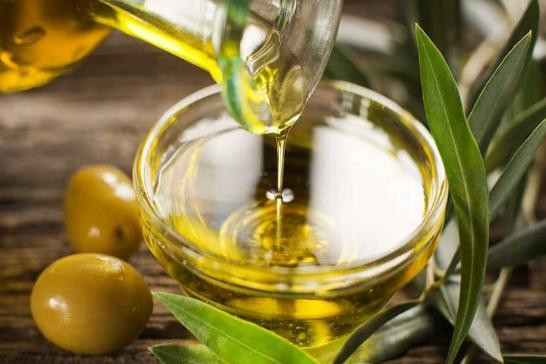
Olive oil contains heart-healthy monounsaturated fatty acids
Fruits and vegetables
To control cholesterol levels, be sure to increase your fruit and vegetable intake with at least 4-5 servings of fresh, seasonal fruits and vegetables every day.
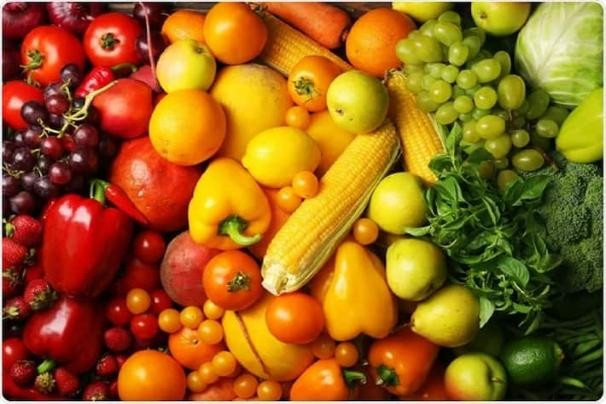
Increasing daily fruit and vegetable intake is good for people with high cholesterol levels.
Soluble fiber
You can increase your intake of foods rich in soluble fiber such as isabgol, green leafy vegetables, oats and whole beans. These foods are great for lowering bad cholesterol levels.
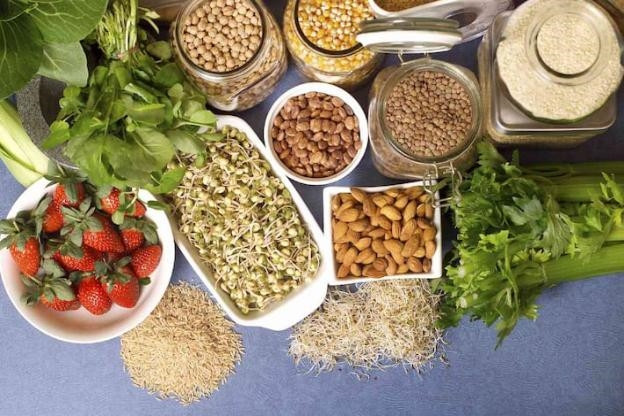
Some foods rich in soluble fiber
Supplement foods rich in vitamin E
Adequate vitamin E intake reduces the risk of heart disease. Vitamin E is thought to help prevent heart disease by inhibiting the oxidation of low-density lipoprotein (LDL) cholesterol (or bad cholesterol) and helping to prevent blood clots that can lead to heart attacks.
Therefore, you can add foods rich in vitamin E to your daily diet to help reduce bad cholesterol. Foods rich in vitamin E include: sunflower seeds, almonds, avocados, salmon, spinach, broccoli, etc.
However, you should consult your doctor before making any changes to your daily routine.
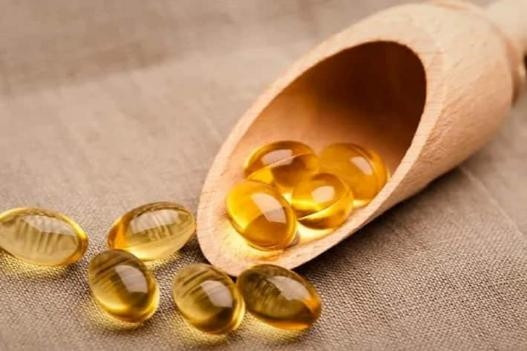
Vitamin E supplementation with medication should be consulted with a doctor.
According to Health and Life